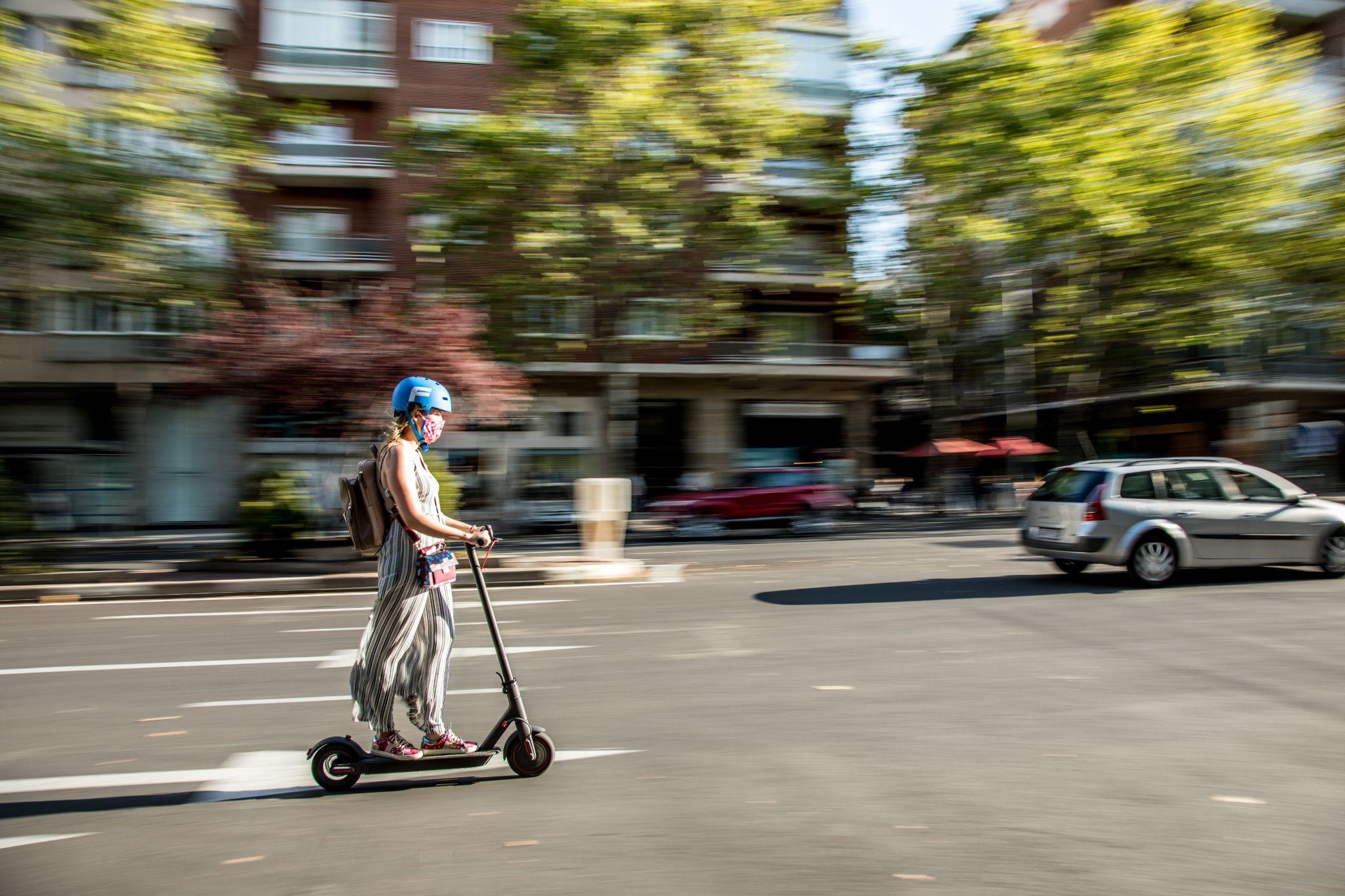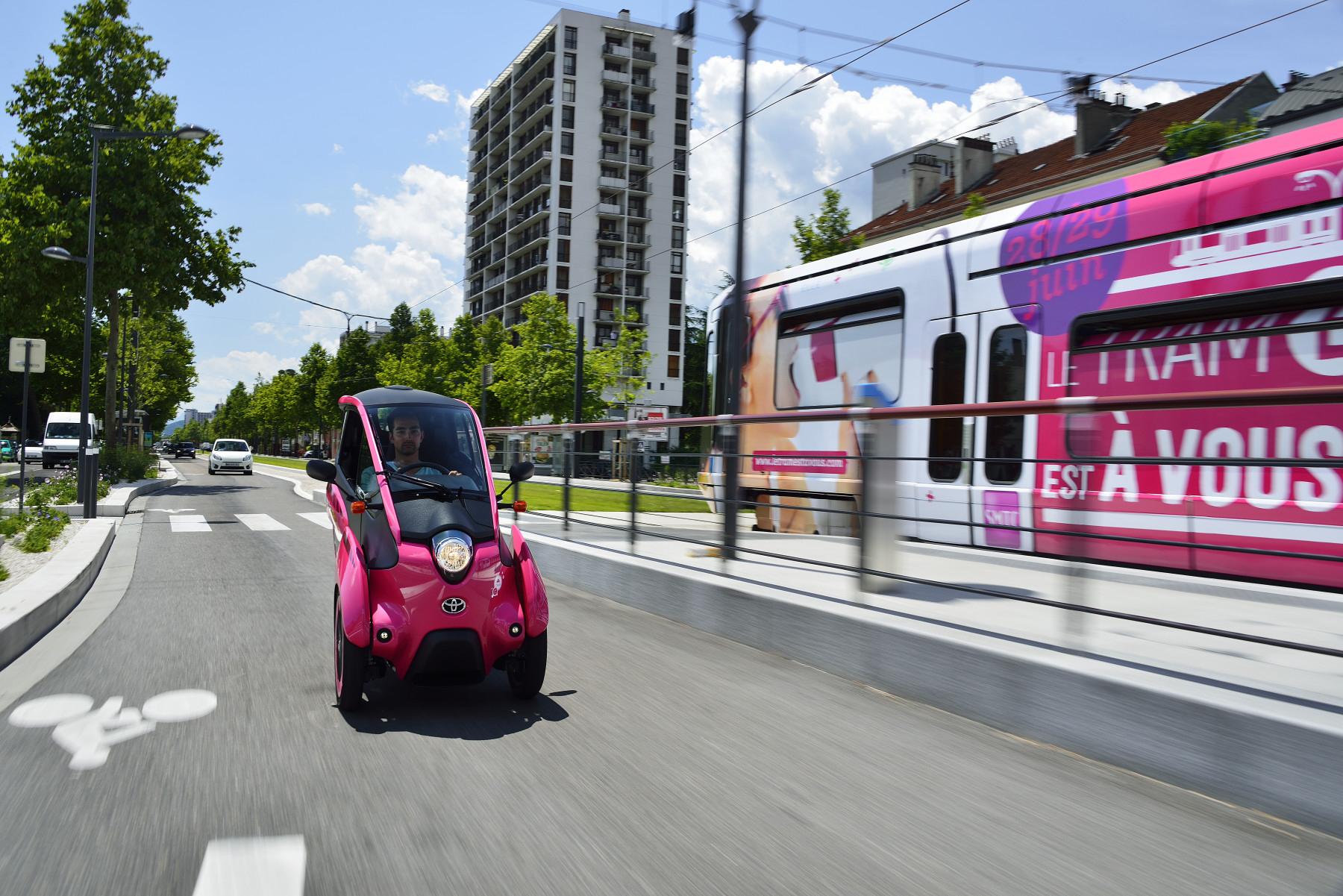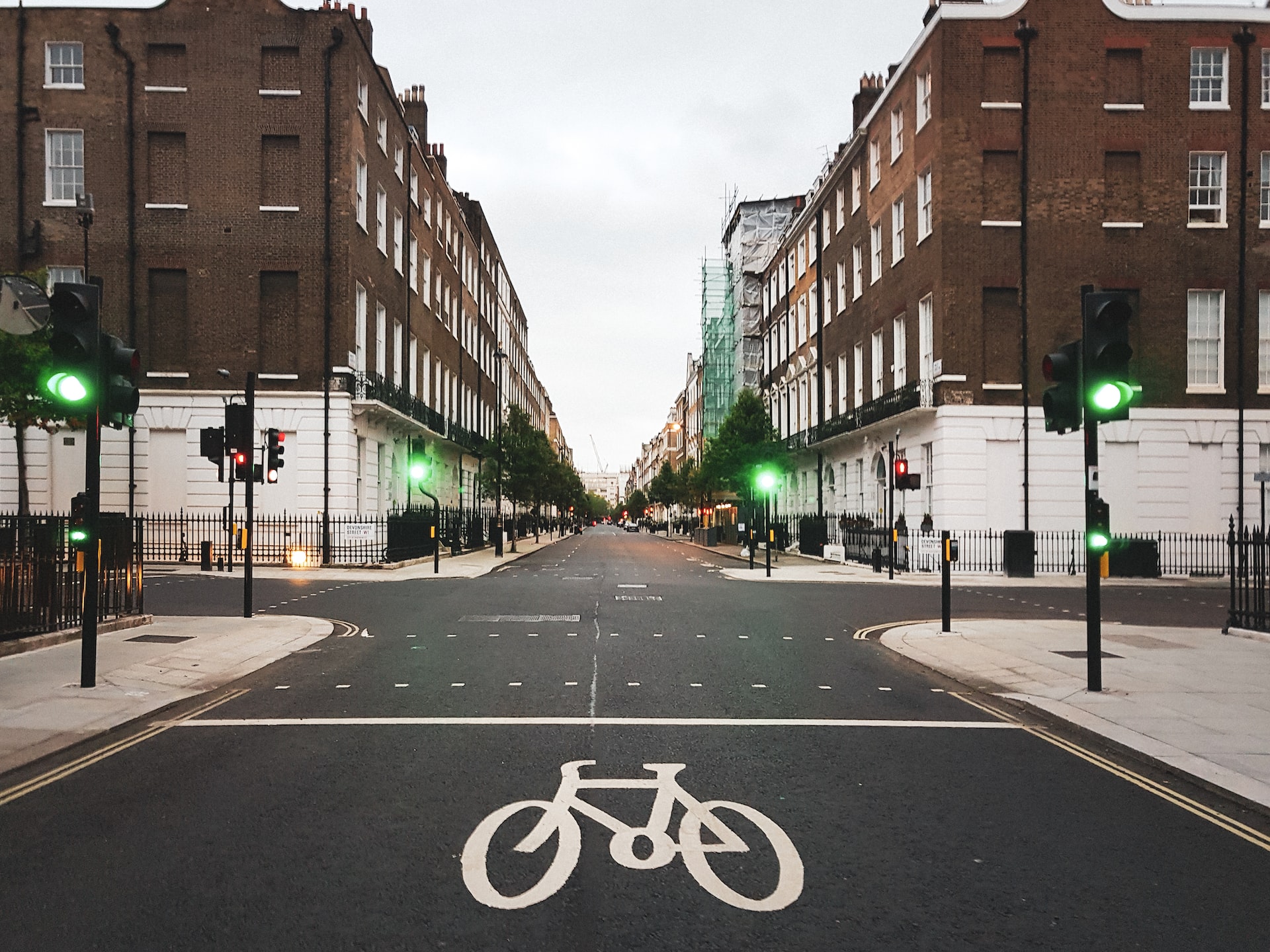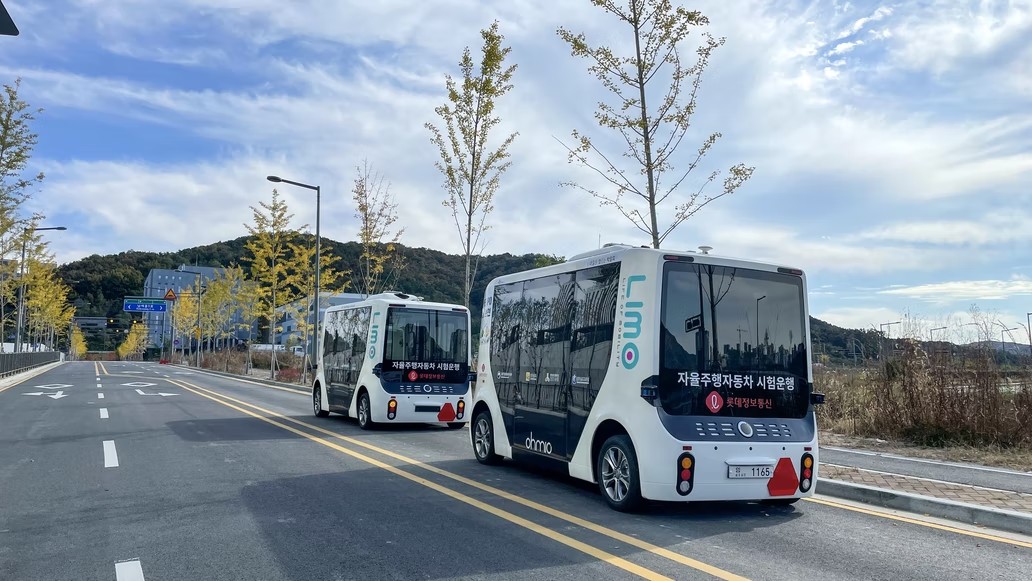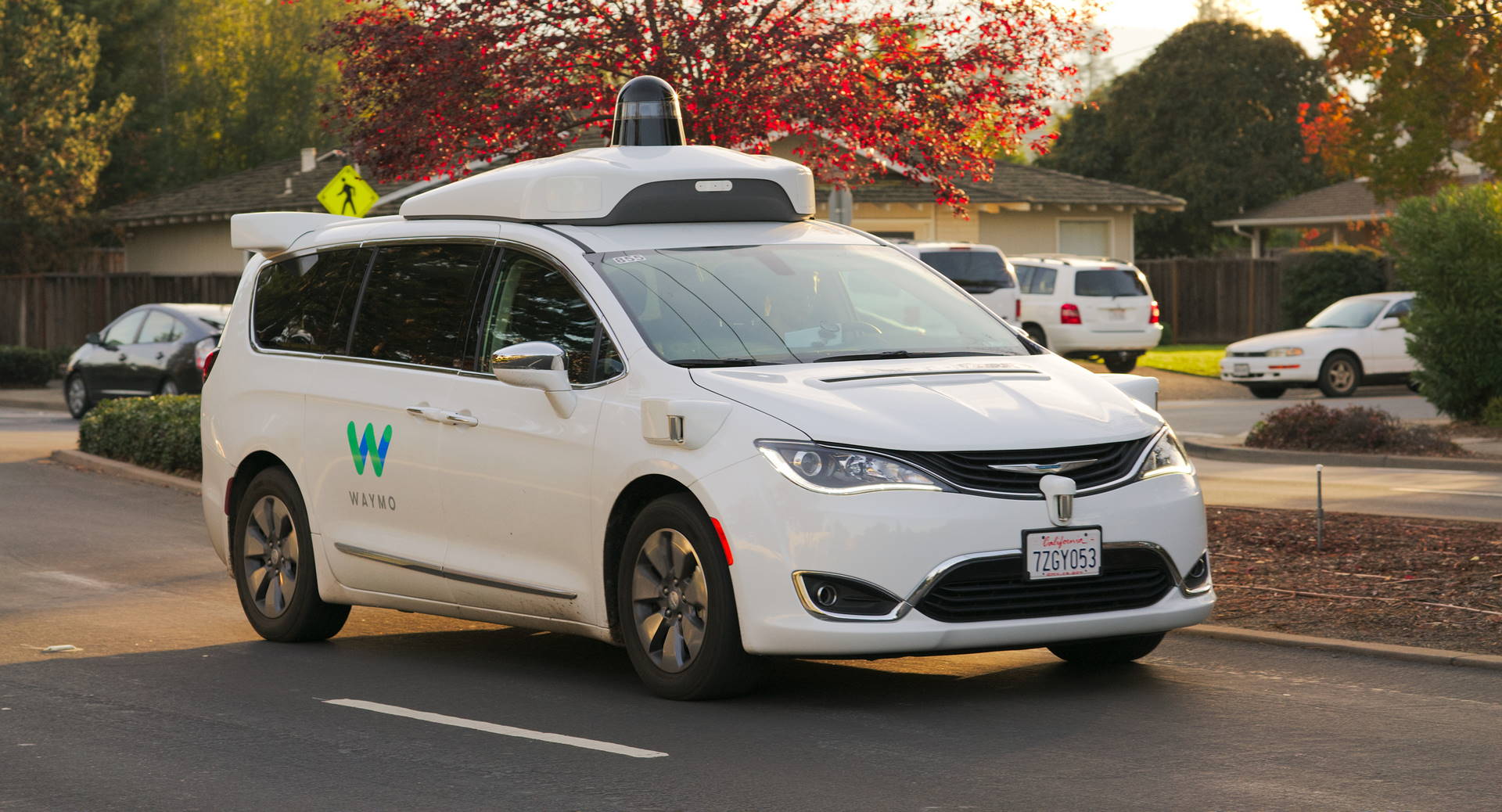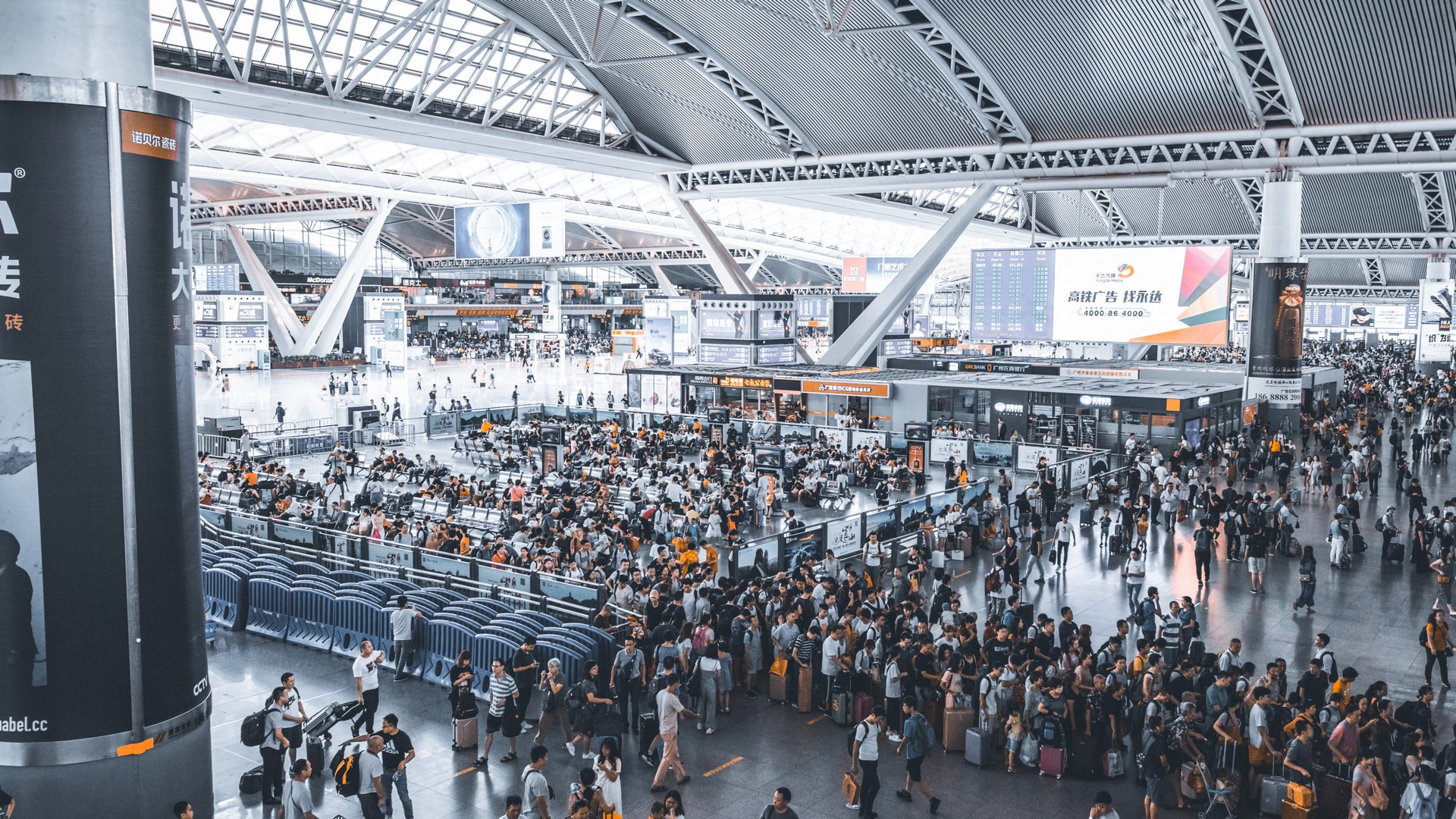The unstoppable growth of big cities is a daily challenge for sustainable mobility. Thanks to the digital revolution, tools like big data and concepts like car sharing have become vital components in creating smart cities with high-performance mobility systems. Let’s take a look at some of the key aspects in the future of mobility, the trends that will revolutionise the way we move, and the impact that the coronavirus pandemic will have on all of this.
According to the European Environment Agency (EEA), cities occupy just 2 % of Earth’s surface. However, according to the United Nations (UN), 56 % of the world’s population in 2019 lived in cities. There are now more than 500 cities with over a million inhabitants — five of these have populations in excess of 20 million (Tokyo, Delhi, Shanghai, São Paulo and Mexico City) and they account for 70 % of the world’s energy use —. By 2100, it is expected that the number of megacities will continue growing, headed by Lagos, Nigeria, with 88 million inhabitants, and Kinshasa, DR Congo, with 83 million.
 Image: Unsplash
Image: Unsplash
The unstoppable growth of big cities, a trend that coronavirus crisis does not look set to stop, is a big challenge in terms of urban mobility and raises the question: can it adapt to this new reality while protecting the health of the planet? The experts say the answer is yes. But to do this, we need to create smart cities which, thanks to macrotools like big data, tirelessly compile and analyse huge quantities of data generated by vehicles, pedestrians, traffic lights and other aspects of city traffic to make it run more efficiently.COVID-19 pandemic also is influencing urban mobility.
Traffic jams delay people and deliveries, increase stress, and cause so much air pollution they are considered one of the main causes of premature death in big cities. For this and other reasons, there is a consensus that the way a city manages urban mobility has a direct impact on its prosperity. In a recent research about smart urban mobility trends, designed to anticipate the needs of the cities of the future, Deloitte consultant identified three key features for an efficient mobility system:
- Performance and resilience
- Vision and leadership
- Service and inclusion
